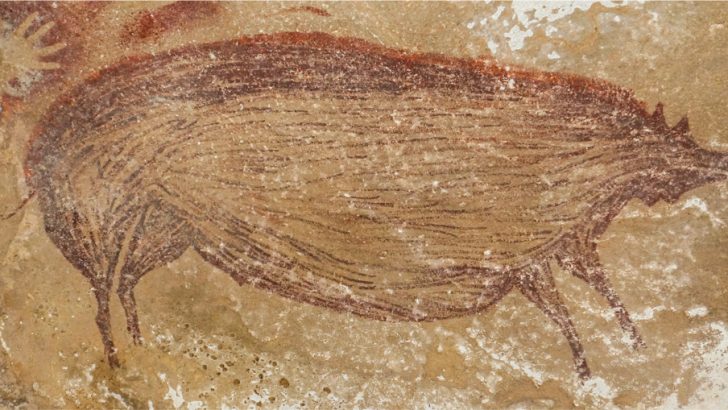Irish-led research reveals weaknesses in over 700 cancer cells
Thousands of ‘Achilles Heels’ or ‘cancer vulnerabilities’ have been found in an analysis of more than 700 different kinds of cancer cell following research led by Queen’s University Belfast (QUB).
The discovery could lead to new ways of stopping cancer cells in their tracks using existing drugs, while also offering new targets for future drug development.
Such drugs could be used to combat cancers that are resistant to current standard treatments, according to a press release from the university.
Dr Ian Overton, senior lecturer from the Patrick G Johnston Centre for Cancer Research at Queen’s University, said:
“Understanding the molecular fingerprints of cancer can pinpoint ways to target drugs precisely to those patients where they will be most effective. Our work makes a step towards more effective and personalised cancer treatments, ultimately saving lives.”
Vast majority of workers support remote working of some form
Over 95% of workers now support some form of remote working, according to results from the Second Annual National Remote Working Survey.
Results also showed that fewer than 5% of respondents are in favour of a full-time return to the office.
Over 6,400 people were surveyed from both the public and private sectors by NUI Galway and the Western Development Commission. The results showed an increase in support for some form of remote working since the first survey a year before, which took place just after ‘work from home’ advice was first implemented.
It revealed that the number of employees who want to work exclusively from home has nearly tripled over the last year, from 12% a year ago to 32% now.
The survey also reflected the attitudes of 2,100 managers towards the effect of remote working on their teams.
Just less than 47% of managers responded that there was no difference between managing their team remotely and doing so in-person, though 44% said there was more difficulty in managing remote teams. Just 9% said it was easier to do remotely.
Climate change destroying world’s oldest animal painting
Indonesia cave paintings are decaying at a rapid pace due to the effects of climate change, according to researchers.
This includes the picture of a wild pig drawn 45,500 years ago on the island of Sulawesi, which is thought to be the world’s oldest cave painting of an animal.
Other cave-motifs in the area depicting scenes of hunting and supernatural entities are subject to the same rate of decay.
The salts within the caves swell and shrink as the environment heats and cools, which can cause parts of the pictures to flake of the cave walls.



